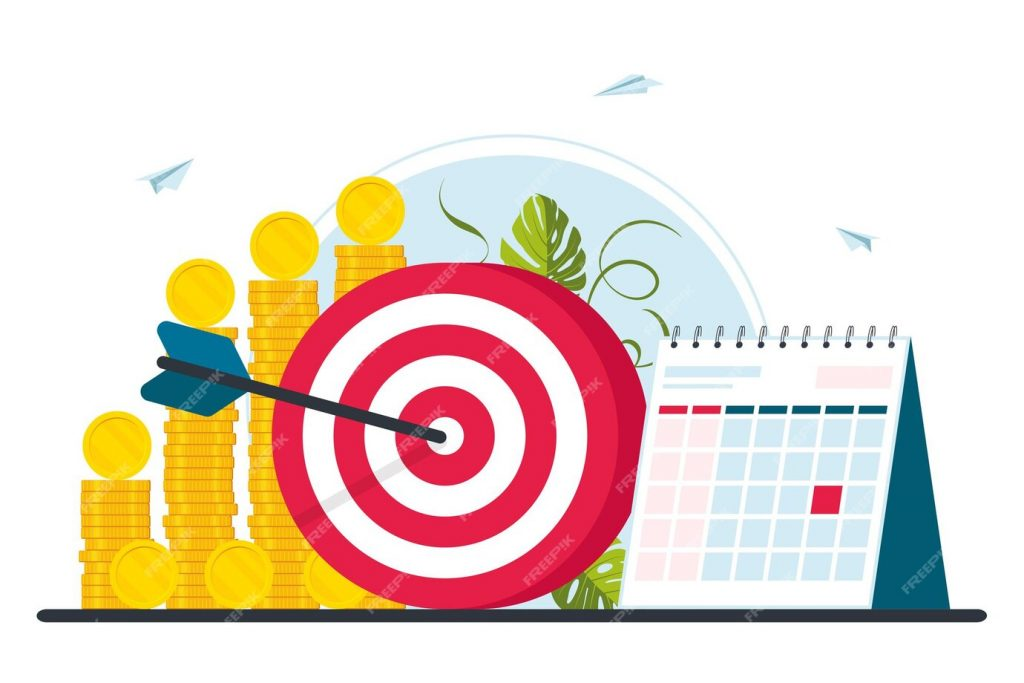In 2025, there’s a noticeable shift in how employers evaluate candidates—many are moving away from traditional metrics like degrees and years of experience, and toward skill-based hiring. This trend is especially strong in fast-growing fields such as AI, green industries, and tech, where the pace of innovation means credentials alone can fall behind. Employers want people who can demonstrate what they can do: data analysis, AI literacy, cybersecurity, cloud computing are among the technical skills in greatest demand. Soft skills are equally critical: emotional intelligence, adaptability, critical thinking, communication, and leadership are being listed more frequently in job descriptions.
For job seekers, this evolution offers both opportunity and challenge. You can no longer rely purely on credentials—you must show how you’ve applied your skills. Building a strong portfolio of projects, contributing to open source, doing internships, taking up real-world challenges, or even participating in online competitions are all powerful. Certifications and online courses still help, but authenticity matters: showing what you’ve built, solved, learned, and how you reacted to problems. Also, continuously updating skills is not optional—it’s essential, given that the World Economic Forum estimates ~39% of core job skills will change by 2030.
To successfully navigate this landscape: first, identify which skills are most relevant to your field (both technical and soft). Second, choose learning formats that align with your style—online courses, boot camps, micro-certifications, hands-on projects. Third, document everything—showcase your work, gather feedback, present measurable results (e.g., “improved processing speed by 30%”, “reduced errors”, etc.). Fourth, cultivate adaptability and a learning mindset: be open to change, curious, and willing to pivot. By doing so, you’re not only more employable today, but you




